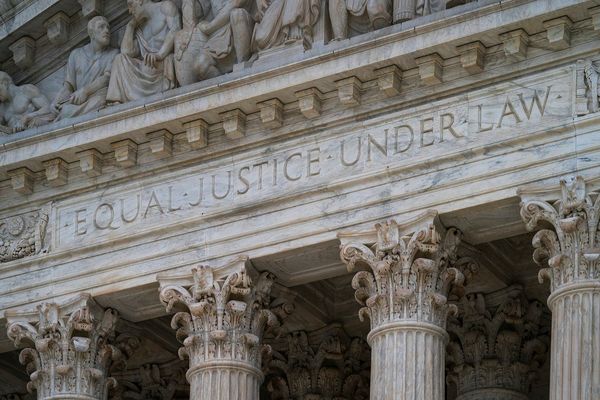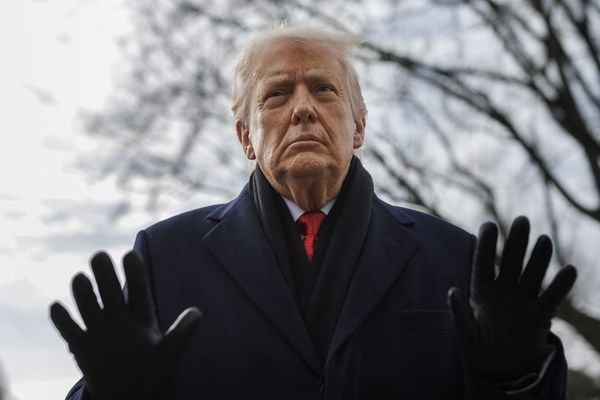
In a major blow to former US President Donald Trump, a federal appeals court has ruled that he cannot use presidential immunity to shield himself from prosecution in the election subversion case brought against him. The ruling, which was delivered by three judges on the DC Circuit Court of Appeals, unanimously rejected Trump's claim of absolute immunity from criminal prosecution.
The special counsel, Jack Smith, has charged Trump with four federal counts related to his alleged efforts to overturn the 2020 election. The indictment describes these efforts as fueled by lies aimed at obstructing a fundamental function of the US Government. Trump has repeatedly argued that his actions were within the scope of his duties as president, thus rendering him immune from trial.
However, the judges firmly rejected this argument, stating that for the purposes of this criminal case, former President Trump must be treated as citizen Trump, with all the defenses available to any other criminal defendant. They further criticized Trump's alleged efforts to cling to power despite losing the election as unpresidential and an assault on American institutions.
The court's ruling has broader implications beyond just this case. The judges emphasized that they could not accept Trump's claim that a president possesses unbounded authority to commit crimes. They stressed that granting such immunity would undermine the system of separated powers by placing the president beyond the reach of all three branches of government.
In response, the Trump campaign issued a statement arguing that without complete immunity, no president would be able to properly fulfill their duties due to the fear of retribution. They claimed that denial of immunity would result in every future president facing immediate indictment by the opposing party. However, the court rejected this suggestion, pointing out that past presidents have understood themselves to be subject to impeachment and criminal liability, at least in certain circumstances.
Trump has indicated his intention to appeal the ruling, and the case is likely to be ultimately decided by the Supreme Court. In an interesting turn of events, the Supreme Court is already set to hear arguments on Thursday in another case with significant implications for Trump. This case will examine whether his actions following the election should disqualify him from appearing on the 2024 presidential ballot.
Observers note that the issue now revolves around timing, as the longer the Supreme Court takes to decide, the less likely it is that the trial can proceed before the 2024 election. While Trump's legal team is litigating valid constitutional questions, their primary objective appears to be to delay the proceedings and push back his federal criminal cases until after the election.
As this legal battle continues to unfold, the fate of Trump's immunity claims and potential criminal liability remains uncertain. The Supreme Court's eventual decision will be crucial in determining the extent of presidential immunity and the consequences of a former president's actions.







